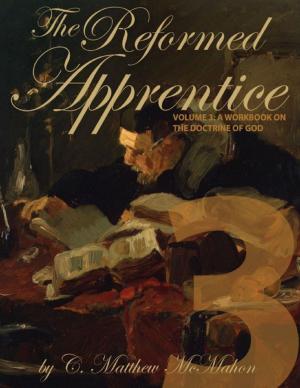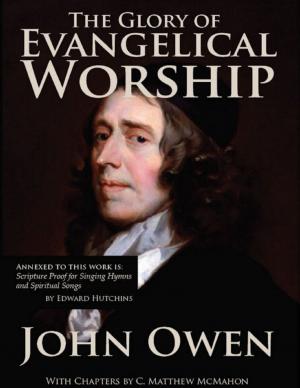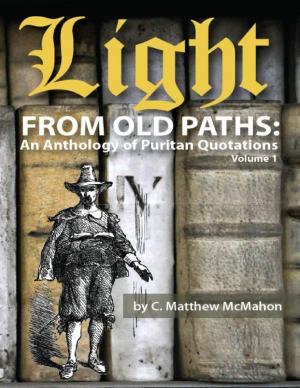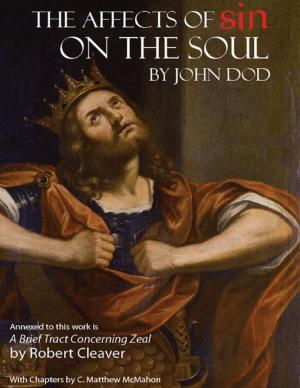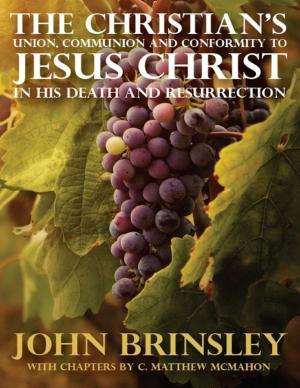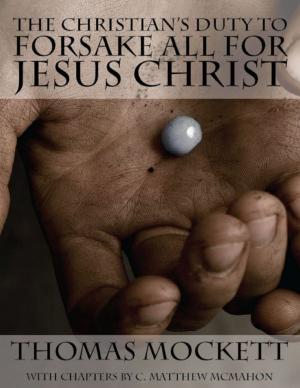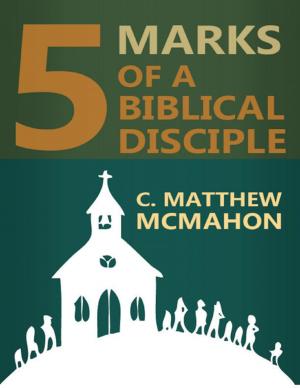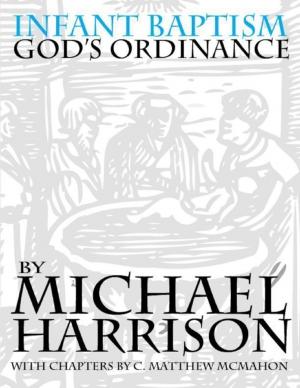The Duty of Reformation In Light of God's Mercies
Nonfiction, Religion & Spirituality, Christianity, General Christianity| Author: | C. Matthew McMahon, Thomas Gouge | ISBN: | 9781626632394 |
| Publisher: | Puritan Publications | Publication: | October 4, 2017 |
| Imprint: | Puritan Publications | Language: | English |
| Author: | C. Matthew McMahon, Thomas Gouge |
| ISBN: | 9781626632394 |
| Publisher: | Puritan Publications |
| Publication: | October 4, 2017 |
| Imprint: | Puritan Publications |
| Language: | English |
Thomas Gouge (1605-1681), was an English Puritan, (son of the famous William Gouge) and a powerful Reformed minister. This treatise is about reformation. It is set within the framework of being more holy, because reformation means “reformation of life” in light of Jesus Christ’s saving benefits and God’s abundant saving mercies. What makes this treatise so excellent is not only its theological and practical depth (and it is deep), but its vivid directness. Gouge, uncompromisingly from Ezra 9:13-14, is going to tell Christians (not just sinners) that if they sin, expect judgment. And, if Christians sin collectively (as a Christian nation), expect collective judgment. Gouge says, “When Christians will not reform their ways, God replies, they have not minded my mercies, I will not mind their miseries.” This work is not a scan or facsimile, has been carefully transcribed by hand being made easy to read in modern English, and has an active table of contents for electronic versions.
Thomas Gouge (1605-1681), was an English Puritan, (son of the famous William Gouge) and a powerful Reformed minister. This treatise is about reformation. It is set within the framework of being more holy, because reformation means “reformation of life” in light of Jesus Christ’s saving benefits and God’s abundant saving mercies. What makes this treatise so excellent is not only its theological and practical depth (and it is deep), but its vivid directness. Gouge, uncompromisingly from Ezra 9:13-14, is going to tell Christians (not just sinners) that if they sin, expect judgment. And, if Christians sin collectively (as a Christian nation), expect collective judgment. Gouge says, “When Christians will not reform their ways, God replies, they have not minded my mercies, I will not mind their miseries.” This work is not a scan or facsimile, has been carefully transcribed by hand being made easy to read in modern English, and has an active table of contents for electronic versions.


